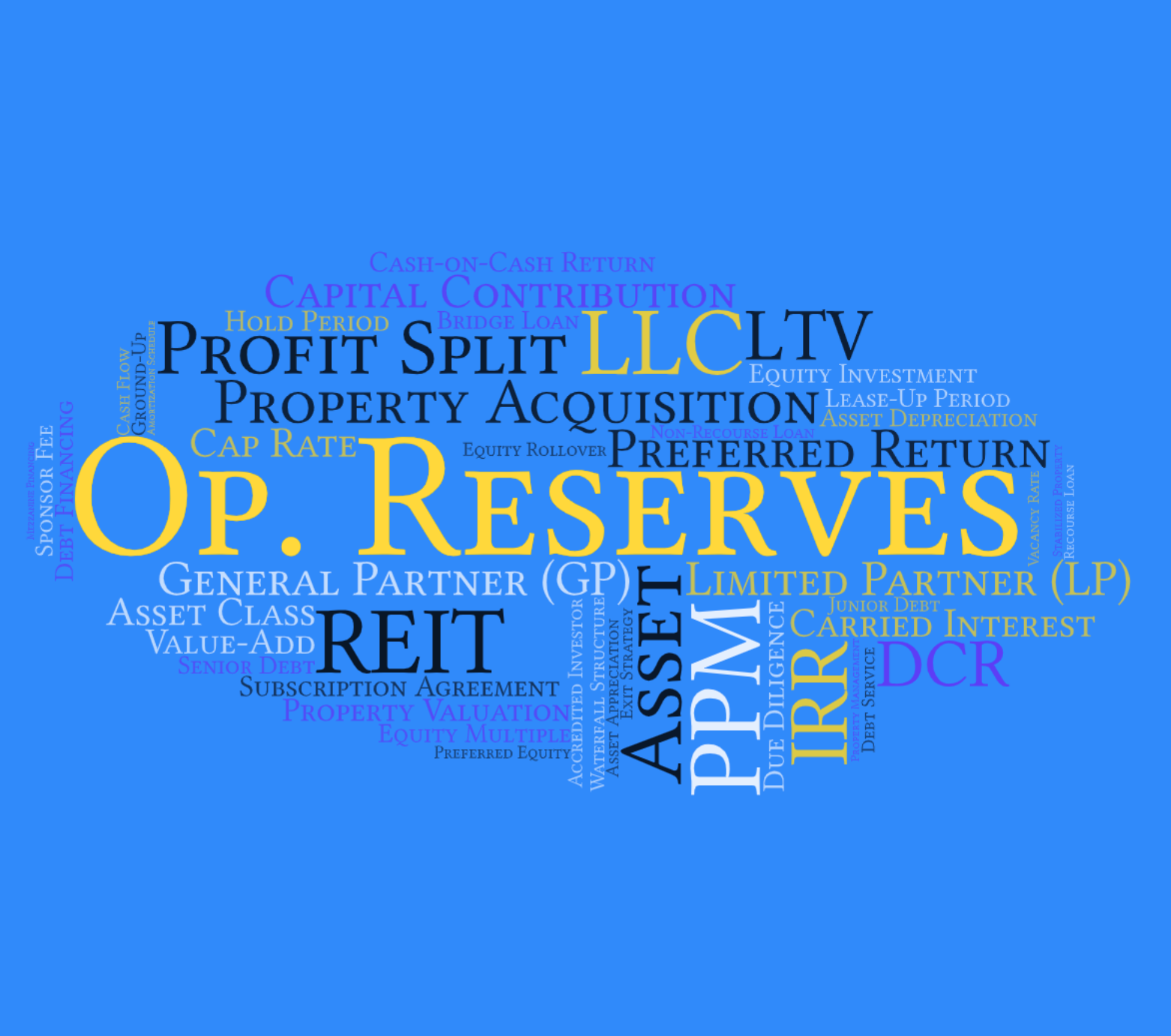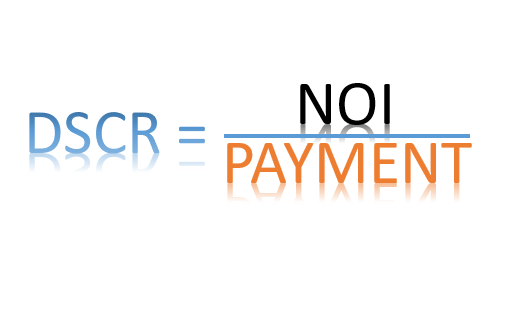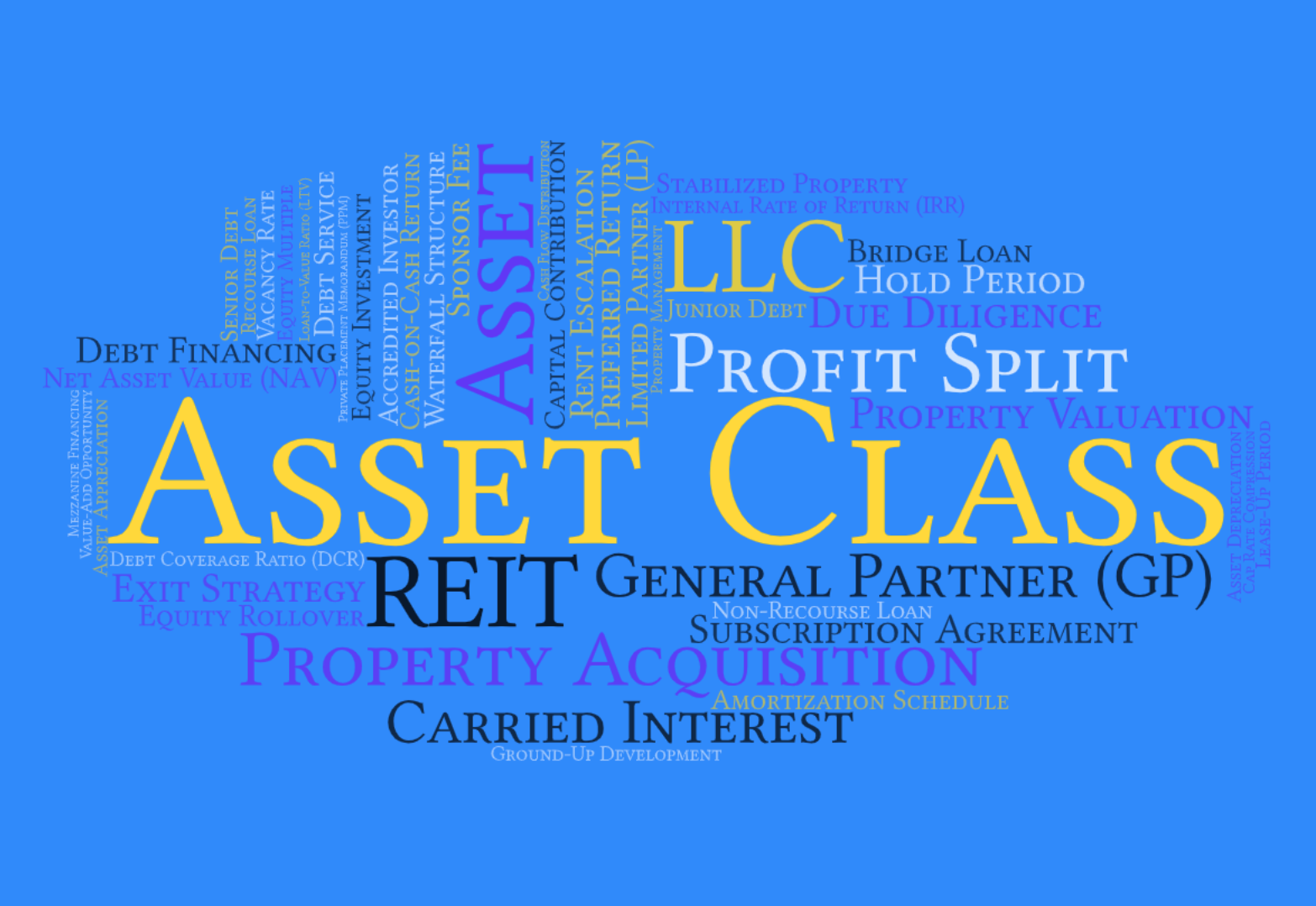In this edition of our ongoing series on real estate jargon, we delve into the critical concept of...
Decoding Real Estate Jargon: Understanding Depreciation in Real Estate Syndications
Welcome back to our ongoing series, "Decoding Real Estate Jargon." This week, we’re diving into a critical concept that can significantly impact your investment returns: depreciation. In the realm of real estate syndications, understanding depreciation is vital for maximizing tax advantages and improving your overall investment strategy. Let’s explore what depreciation is, how it works, and why it matters to you as an investor.
Definition of Depreciation
Depreciation refers to the decrease in the value of an asset over time due to wear and tear, age, or obsolescence. In real estate, this concept is utilized as a tax benefit, allowing property owners to deduct a portion of the property's value from their taxable income each year. It’s essential to differentiate between physical depreciation, which is the actual decline in the property's condition, and tax depreciation, which is a paper expense recognized by the IRS.
Tax Benefits of Depreciation
One of the most significant advantages of investing in real estate is the tax benefits, and depreciation plays a central role. Depreciation allows you to reduce your taxable income without impacting your cash flow, as it’s a non-cash deduction. This means that even though your property might be generating positive cash flow, you can still report a lower taxable income due to depreciation, thus reducing your tax liability.
Types of Depreciation
In the context of real estate syndications, the two primary methods of depreciation are straight-line and accelerated depreciation.
-
Straight-Line Depreciation: This method spreads the deduction evenly over the asset's useful life, typically 27.5 years for residential properties and 39 years for commercial properties.
-
Accelerated Depreciation: This method allows for larger deductions in the earlier years of ownership. Accelerated depreciation methods include the Modified Accelerated Cost Recovery System (MACRS), commonly used for real estate investments.
Bonus Depreciation and Section 179
Recent tax laws have introduced the concept of bonus depreciation, allowing investors to take a more substantial deduction in the first year of ownership. Under current regulations, you used to be able to deduct 100% of the cost of eligible property in the year it is placed in service, it has recently been reduced to 80% and it is scheduled to continue to go down, unless the senate passes the Tax Relief for American Families and Workers Act of 2024, H.R. 7024, which wants to go back to 100% deduction.
Section 179 also allows for immediate expensing of certain property, but it has limitations and is typically more applicable to business equipment rather than real estate.
Depreciation Recapture
When you sell a property, the IRS may require you to recapture some of the depreciation benefits you've enjoyed. This process, known as depreciation recapture, involves paying taxes on the depreciation deductions you’ve taken over the years. Understanding this concept is crucial as it affects the net proceeds from the sale of a property.
Cost Segregation Studies
A cost segregation study is an advanced tax planning strategy that identifies and reclassifies personal property assets to shorten the depreciation time for taxation purposes. By doing this, you can accelerate depreciation deductions and increase cash flow during the earlier years of property ownership. It involves breaking down a property into various components, such as land improvements, building structure, and personal property, each with different depreciation schedules.
Impact on Investment Returns
Depreciation directly affects your investment's profitability by enhancing your after-tax returns. For instance, by reducing your taxable income, you can reinvest the tax savings back into your property or use them for other investments, thereby compounding your wealth over time. Providing concrete examples or case studies can further illustrate this financial impact, helping you understand the real-world benefits of leveraging depreciation.
Why Passive Investors Should Care
For passive investors in syndications, understanding depreciation is crucial. It influences your after-tax returns and the overall attractiveness of the investment. Since depreciation can significantly reduce your taxable income, it effectively increases the cash flow you receive from the investment. Therefore, a good grasp of how depreciation works can help you make more informed decisions and better evaluate potential syndication opportunities.
Conclusion
Depreciation is a powerful tool in the real estate investor's toolkit, offering substantial tax advantages and boosting overall returns. By understanding the different types of depreciation, the benefits of cost segregation studies, and the implications of depreciation recapture, you can better navigate the complexities of real estate syndications. At Blue Path Holdings, we prioritize educating our investors on these critical concepts to maximize their investment success.
Stay tuned for more insightful posts in our "Decoding Real Estate Jargon" series, where we continue to demystify the key terms and strategies in real estate investing.
Let's Continue the Conversation: We invite you to engage with us in several ways:
-
Explore Opportunities: Discover how our syndications can improve your retirement plan. Contact us to explore investment opportunities and gain insights into the path to passive income. CLICK HERE to schedule a call.
-
Subscribe to Our Blog: Stay informed about the role of real estate in retirement planning. Subscribe to our blog and receive regular updates, expert advice, and success stories.
-
Connect on Social Media: Join our community on social media to interact with like-minded individuals who are also on the journey to a prosperous retirement.
CLICK HERE to schedule a call.
Download our free e-book at the link https://content.bluepathholdings.com/free-ebook.

 By
By



